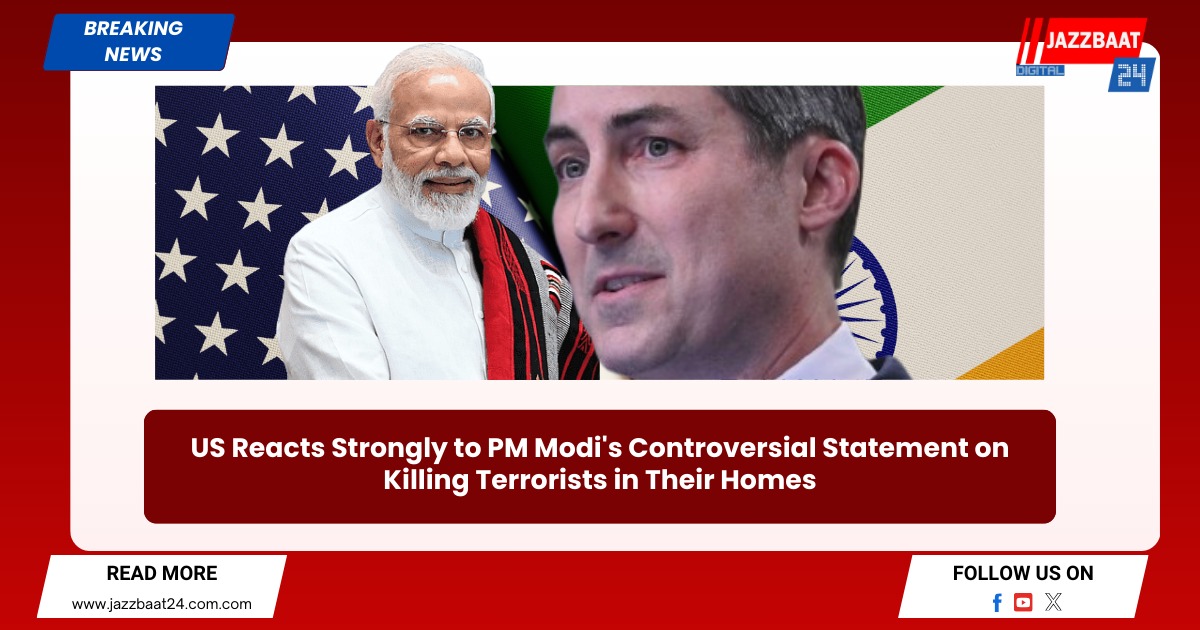In a recent address, Indian Prime Minister Narendra Modi sparked international outrage with his provocative statement regarding the killing of terrorists in their homes. Modi's remark, "terrorists should be finished off in their homes," was delivered during a public event, signaling a shift in India's approach towards counterterrorism. While Modi's supporters applauded his bold stance, the statement drew swift condemnation from several quarters, including the United States.
The United States, a key ally of India, reacted strongly to Modi's statement, expressing concern over the potential implications for human rights and international law. State Department spokesperson, Sarah Matthews, emphasized the importance of upholding principles of due process and the rule of law in combating terrorism. The US stance underscores the delicate balance between national security interests and human rights considerations, particularly in the context of counterterrorism operations.
Modi's remarks come amid escalating tensions in the region, with India facing persistent security challenges from insurgent groups and cross-border terrorism. While India has long advocated for a tough stance against terrorism, Modi's explicit endorsement of extrajudicial killings has raised alarm bells among human rights advocates and international observers.
The fallout from Modi's statement is not limited to diplomatic circles; it has also reignited domestic debates on the ethics of counterterrorism tactics. Critics argue that endorsing extrajudicial killings undermines democratic values and the rule of law, potentially fueling further violence and instability. On the other hand, proponents contend that decisive action is necessary to safeguard national security and protect civilians from terrorist threats.
As the controversy continues to unfold, analysts speculate on the broader implications for India's foreign relations and its standing on the global stage. The fallout from Modi's statement underscores the complex dynamics at play in the fight against terrorism, where the pursuit of security must be balanced with respect for fundamental rights and the rule of law.
In the face of mounting criticism, PM Modi's government has yet to offer a formal response to the international backlash. However, the controversy surrounding his remarks is unlikely to fade away soon, as India navigates the delicate balance between security imperatives and international norms. With the world watching closely, the fallout from Modi's statement serves as a stark reminder of the challenges inherent in combating terrorism while upholding the principles of democracy and human rights.

